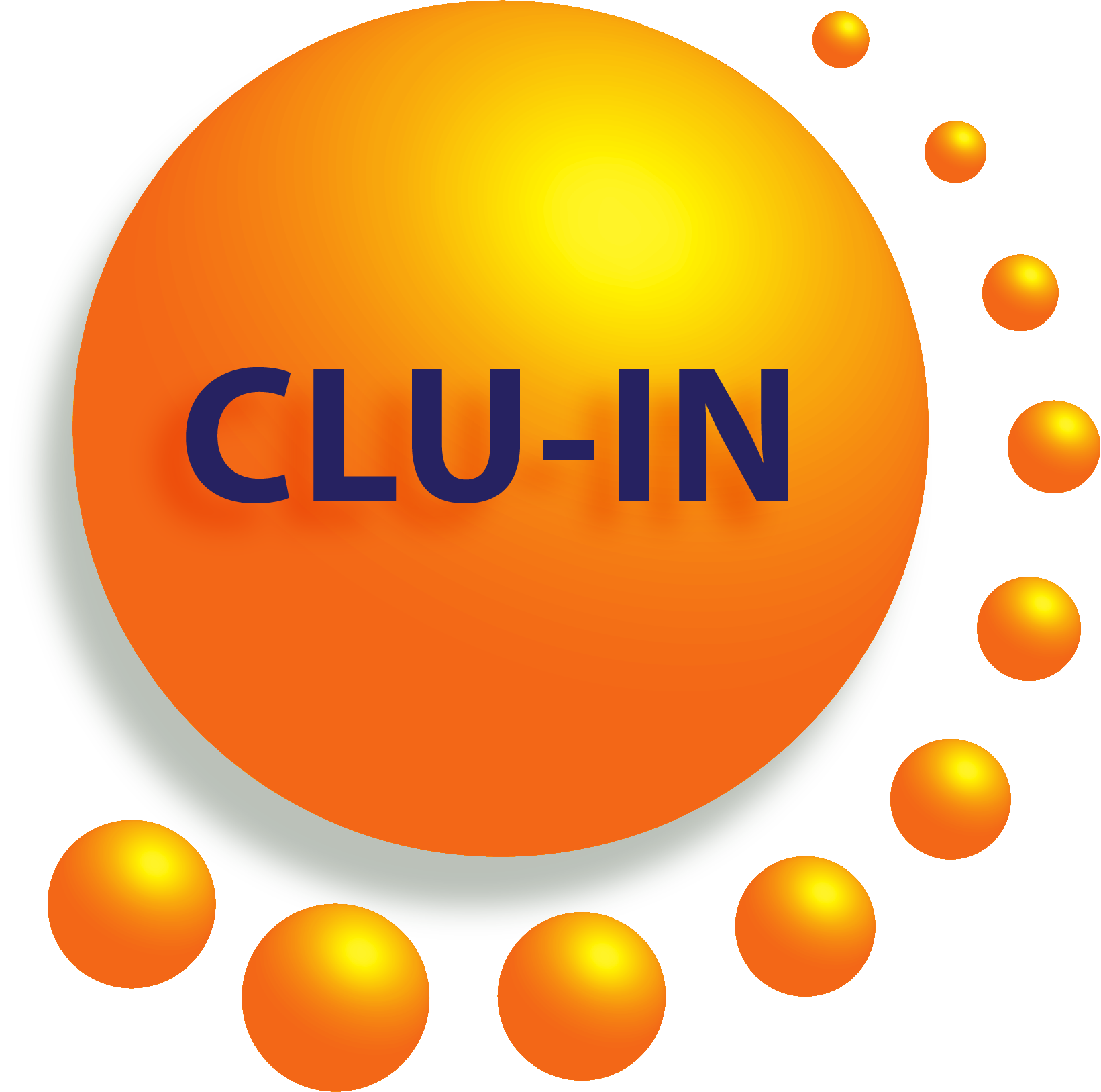Recognizing the Positive Economic Impacts of Superfund Redevelopment
Archived: Wednesday, February 7, 2024
Sponsored by: U.S. EPA, Office of Land and Emergency Management (OLEM), Superfund Redevelopment Program
Future use remains a key consideration for EPA's cleanup programs. EPA's Superfund program works with property owners, developers, stakeholders and communities to negotiate agreements, address barriers and make sure property uses will fit well with site remedies. In turn, the cleanup and reuse of Superfund sites revitalizes local economies, supporting jobs, new businesses, tax revenue and spending, and provides new amenities for communities affected by site contamination. EPA also works to ensure that existing businesses on properties being cleaned up under Superfund can continue operating in a way that protects human health and the environment, enabling these businesses to remain open and serve as a source of jobs and income for local communities.
This webinar showcases the economic benefits of Superfund Redevelopment for communities across the country. Participants will hear about creative strategies used in redevelopment projects in New England and the Mid-Atlantic. They will also learn about collaborative approaches that help position sites for reuse and advance local economic development opportunities
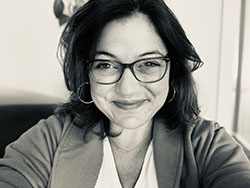 Alexis Rourk Reyes, U.S. EPA Office of Superfund Remediation and Technology Innovation, Superfund Redevelopment Program (Rourk.Alexis@epa.gov or 202-564-3179)
Alexis Rourk Reyes, U.S. EPA Office of Superfund Remediation and Technology Innovation, Superfund Redevelopment Program (Rourk.Alexis@epa.gov or 202-564-3179)
Alexis Rourk Reyes serves as the Program Manager for the Superfund Redevelopment Program at the Office of Superfund Remediation and Technology Innovation at the U.S. Environmental Protection Agency. The Superfund Redevelopment Program helps communities reuse formerly contaminated land through an array of tools, partnerships, and activities, aiming to provide long-impacted local communities with new opportunities to grow and prosper. Alexis previously served in EPA’s Office of Community Revitalization where she led technical assistance as part of the Building Blocks program and development of geospatial tools and analyses to promote local redevelopment efforts. Her previous positions and education were focused on in land use planning and public health research and communications.
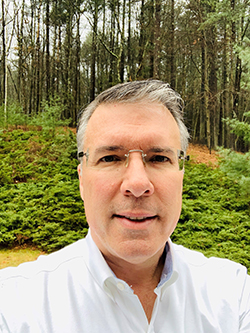 Joe LeMay, U.S. EPA Region 1 (Lemay.joe@epa.gov or 617-918-1323)
Joe LeMay, U.S. EPA Region 1 (Lemay.joe@epa.gov or 617-918-1323)
Joseph LeMay has been an Environmental Engineer with the US EPA Region 1 for over 30 years. He is a Remedial Project Manager overseeing the cleanups of the Industri-Plex and Wells G&H Superfund Sites in Massachusetts and serves as Region 1's Superfund Redevelopment Coordinator. He holds a Bachelor’s degree in Civil Engineering from Merrimack College, North Andover, Massachusetts, and is licensed as a Professional Engineer in Massachusetts.
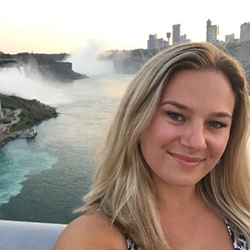 Jaclyn Kondrk, U.S. EPA Region 3 (kondrk.jaclyn@epa.gov)
Jaclyn Kondrk, U.S. EPA Region 3 (kondrk.jaclyn@epa.gov)
Jackie Kondrk is a Remedial Project Manager in Region 3 and serves as their Superfund Redevelopment Coordinator. Previously, Jackie was an RPM in Region 2 where she managed landfill and sediment sites as well as Superfund Redevelopment projects. As the Superfund Redevelopment Coordinator for Region 3, Jackie provides technical assistance and many other reuse services to RPMs and the communities we serve. Jackie graduated from Stockton University with a Bachelor’s degree in Environmental Science.
Denis P. Dowdle, Madison Properties (dpdowdle@earthlink.net or 617-086-0016)
Moderator:
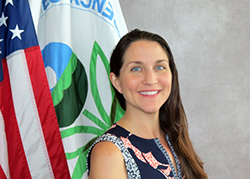 Jean Balent, U.S. EPA Technology Innovation and Field Services Division (balent.jean@epa.gov or 202-566-0832)
Jean Balent, U.S. EPA Technology Innovation and Field Services Division (balent.jean@epa.gov or 202-566-0832)
Ms Balent is on the staff of the EPA's Technology Innovation and Field Services Division where she has worked to collect and disseminate hazardous waste remediation and characterization information since 2003. Ms Balent manages the Clean Up Information Network website and actively supports online communication and collaboration resources available to EPA. She formerly worked with the US Army Corps of Engineers Environmental Engineering Division in the Buffalo District. Ms Balent was also a member of the SUNY-Buffalo Groundwater Research Group where she constructed and tested large scale models of groundwater flow. Ms Balent has also conducted research relating to the Great Lakes, environmental remediation, and brownfields re-development. She holds a Bachelor's degree in environmental engineering from SUNY-Buffalo and a Master's degree in Information Technology from AIU.
Webinar Slides and References:
Additional Resources:
- Superfund: CERCLA Overview
- Superfund Redevelopment Program
- Superfund Redevelopment Program Brochure
- Find Superfund Sites in Reuse
- National Economic Information
- Regional Economic Reports
- Superfund Redevelopment Success Stories & Case Studies
- Top 10 Questions to Ask When Buying a Superfund Site
- Superfund Redevelopment Program Reuse Planning and Technical Assistance Services Fact Sheet
- Superfund Redevelopment Coordinators (Reuse Experts in Your Area)
- Join the SRP Mailing List!
- Superfund Redevelopment Quarterly Webinar Series
Help & FAQs
- Frequently Asked Questions
- Content Questions?
Call Jill Watt at 717-850-1461 or jwatt@skeo.com - Technical Problems?
Leave us a comment - Cancel Your Registration
- My Participation Records
- CEU Credits and PDHs
Zoom Resources
Before Webinar Day
This seminar will be delivered through Zoom. Participants are encouraged to update to the latest version of the Zoom application for the best experience.
If you are unable to install the Zoom application, most functions will be available if you join just using a modern web browser such as Chrome, Edge or Firefox. We strongly encourage you to run the Zoom Meeting Test prior to attending this webinar. Technical support on the day of the webinar will be very limited and subject to significant delays.
Backup Conference Call
If you cannot participate using online audio, you may join the optional call in line. After checking in for the live event using the instructions listed below, you will see several options to participate. Please click the links in option 4 to follow along by phone and obtain the call in number. If you cannot access the phone number, you may request the call in line from the event moderator in the Q&A or send an email to Jean Balent at balent.jean@epa.gov
Click on "Join Webinar" at the top of this screen, enter your exact first and last name as you registered and enter the number of people attending at your location (including yourself). You should then be taken to the Zoom meeting room. Join with Zoom Application: For those joining with the Zoom application, you may be prompted to sign with a zoom account or join as a guest without signing in.
If joining as a guest, you will be prompted to enter your name and email address. Remember your name, image, video or voice may be visible to others in the live event. When done, click "Join" When it is time for the live event to start, the meeting host will admit you to the live Zoom meeting. Join via web browser (without the Zoom Application): For those joining with a web browser, you may close any pop ups prompting you to download the Zoom app. The next window will allow you to enter your name (first name and last name) and check the box that you are not a robot. Click the blue join button. You may also be asked to provide your email address before joining the room. Remember your name, image, video or voice may be visible to others in the live event. When done, click "Join" When it is time for the live event to start, the meeting host will admit you to the live Zoom meeting. You may need to periodically refresh the browser window to confirm if the host has admitted you. The presenters will control what slide you are viewing. You may submit questions online for the instructors to answer during the webinar by typing in the "Q&A" area. It is not necessary to wait until the question and answer periods to submit questions. At the end of the webinar you will be guided to our feedback form and links to additional resources, including the complete presentation. These links will remain active after the webinar. Provided for your convenience. Importing or accepting the invitation within this iCalendar file is not required, and declining the invitation does not cancel your registration. For additional information on iCalendar, please see our
iCalendar Help It is EPA's policy to make reasonable accommodation to persons with disabilities wishing to participate in the agency's programs and activities, pursuant to the Rehabilitation Act of 1973, 29 U.S.C. 791. Any request for accommodation should be made to Jill Watt at 717-850-1461 or jwatt@skeo.com, preferably one week or more in advance of the webinar, so that EPA will have sufficient time to process the request. EPA would welcome specific recommendations from requestors specifying the nature or type of accommodation needed. EPA welcomes specific recommendations from requestors specifying the nature or type of accommodation needed. Please note that CLU-IN provides both alternate phone call-in options and closed captioning for all webinars, and requests for these specific accommodations are not necessary.
Webinar Day, Checking In
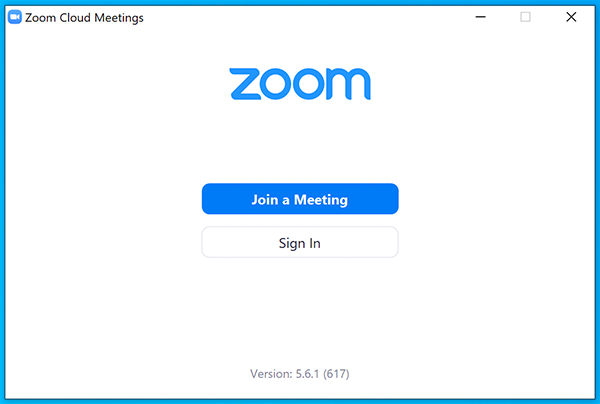
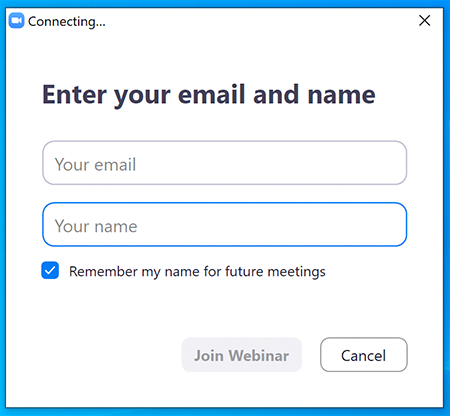
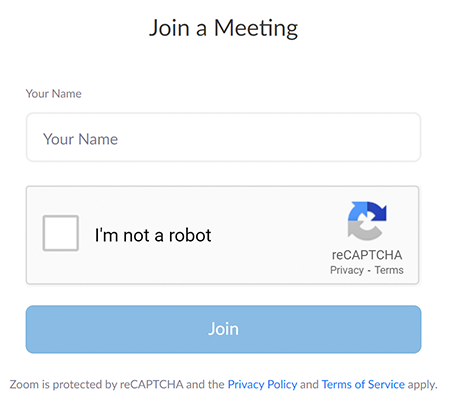
Moving Through Slides
Feedback & Links to Additional Resources
iCalendar File
Rehabilitation Act Notice for Reasonable Accommodation
Rehabilitation Act Notice for Reasonable Accommodation
It is EPA's policy to make reasonable accommodation to persons with disabilities wishing to participate in the agency's programs and activities, pursuant to the Rehabilitation Act of 1973, 29 U.S.C. 791. Any request for accommodation should be made to Jill Watt at 717-850-1461 or jwatt@skeo.com, preferably one week or more in advance of the webinar, so that EPA will have sufficient time to process the request. EPA would welcome specific recommendations from requestors specifying the nature or type of accommodation needed. EPA welcomes specific recommendations from requestors specifying the nature or type of accommodation needed. Please note that CLU-IN provides both alternate phone call-in options and closed captioning for all webinars, and requests for these specific accommodations are not necessary.
Webinar Recording
By participating in this CLU-IN webinar, you automatically agree to authorize recording of audio and visual content presented during this live event and consent to subsequent use of this recording in the public domain by the U.S. Environmental Protection Agency. This recording may include questions, comments and poll responses provided by you during the live event in addition to your name, voice, image or likeness. This recording will be made available after the conclusion of the live event as part of the CLU-IN webinar archives, and will remain available indefinitely. If you do not wish to consent to the recording, please do not join the live event, and contact Jean Balent at 202-566-0832 or balent.jean@epa.gov to discuss your concerns.
Content Disclaimer
This webinar is intended solely to provide information to the public. The views and opinions expressed as part of this webinar do not necessarily state or reflect those of the U.S. Environmental Protection Agency. It is not intended, nor can it be relied upon, to create any rights enforceable by any party in litigation with the United States, or to endorse the use of products or services provided by specific vendors. With respect to this webinar, neither the United States Government nor any of their employees, makes any warranty, express or implied, including the warranties of merchantability and fitness for a particular purpose, or assumes any legal liability or responsibility for the accuracy, completeness, or usefulness of any information, apparatus, product, or process disclosed, or represents that its use would not infringe privately owned rights.

